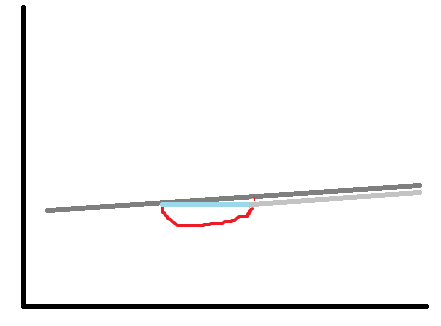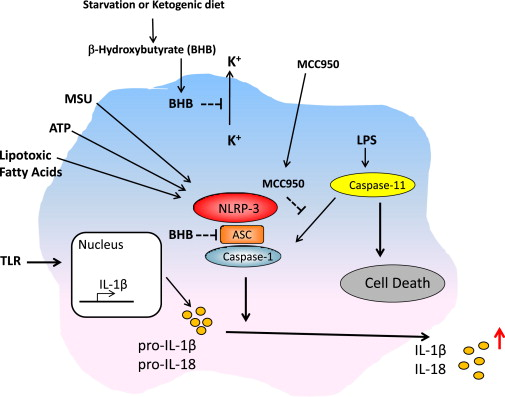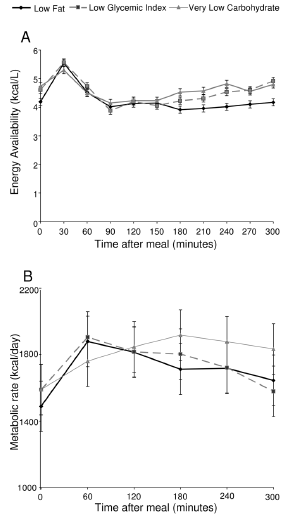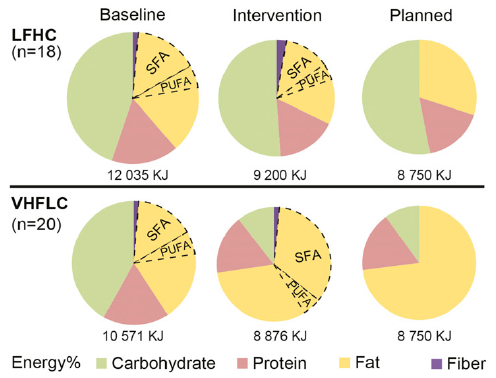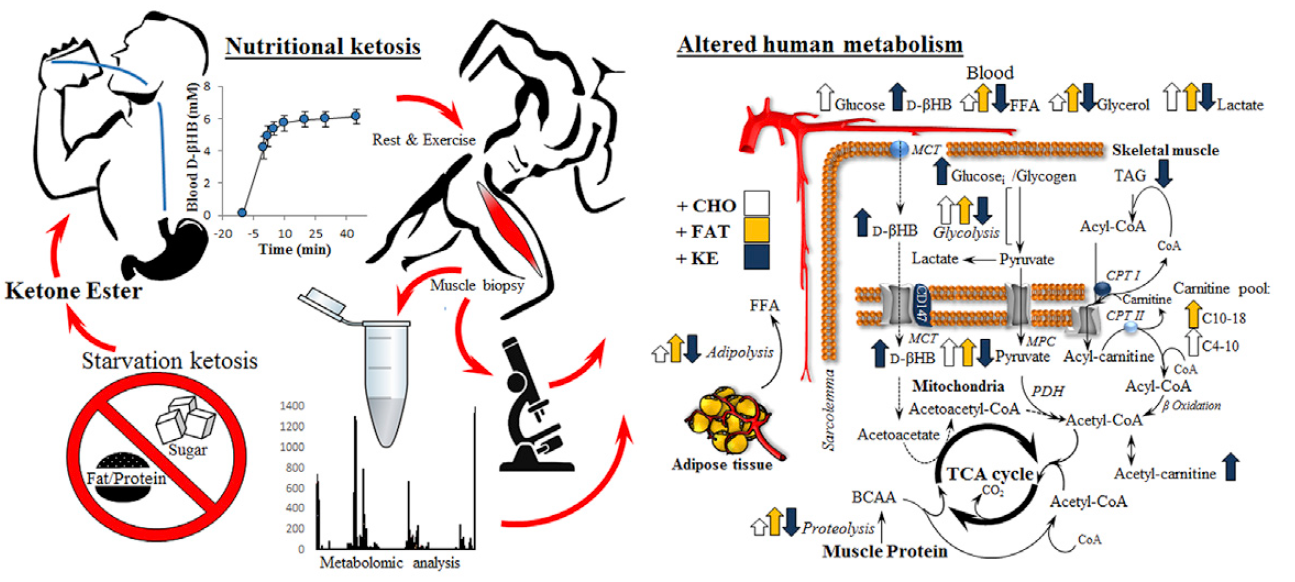Good idea? Bad idea? … a bit of a rant
Some gurus swear by the “only eat when hungry” mantra. I’m neutral on the issue. In my opinion, it can work for people who are good planners because if you wait until you’re hungry and haven’t planned or prepared a meal yet, then it might be a while until you finally get to eat. Maybe you’re an hour from home: unlucky => by the time you start cooking, you’re famished and end up overeating. So you try to repent by skipping breakfast the following morning but fall into the same trap. Of course, however, it’s not gonna be like this for everyone.

